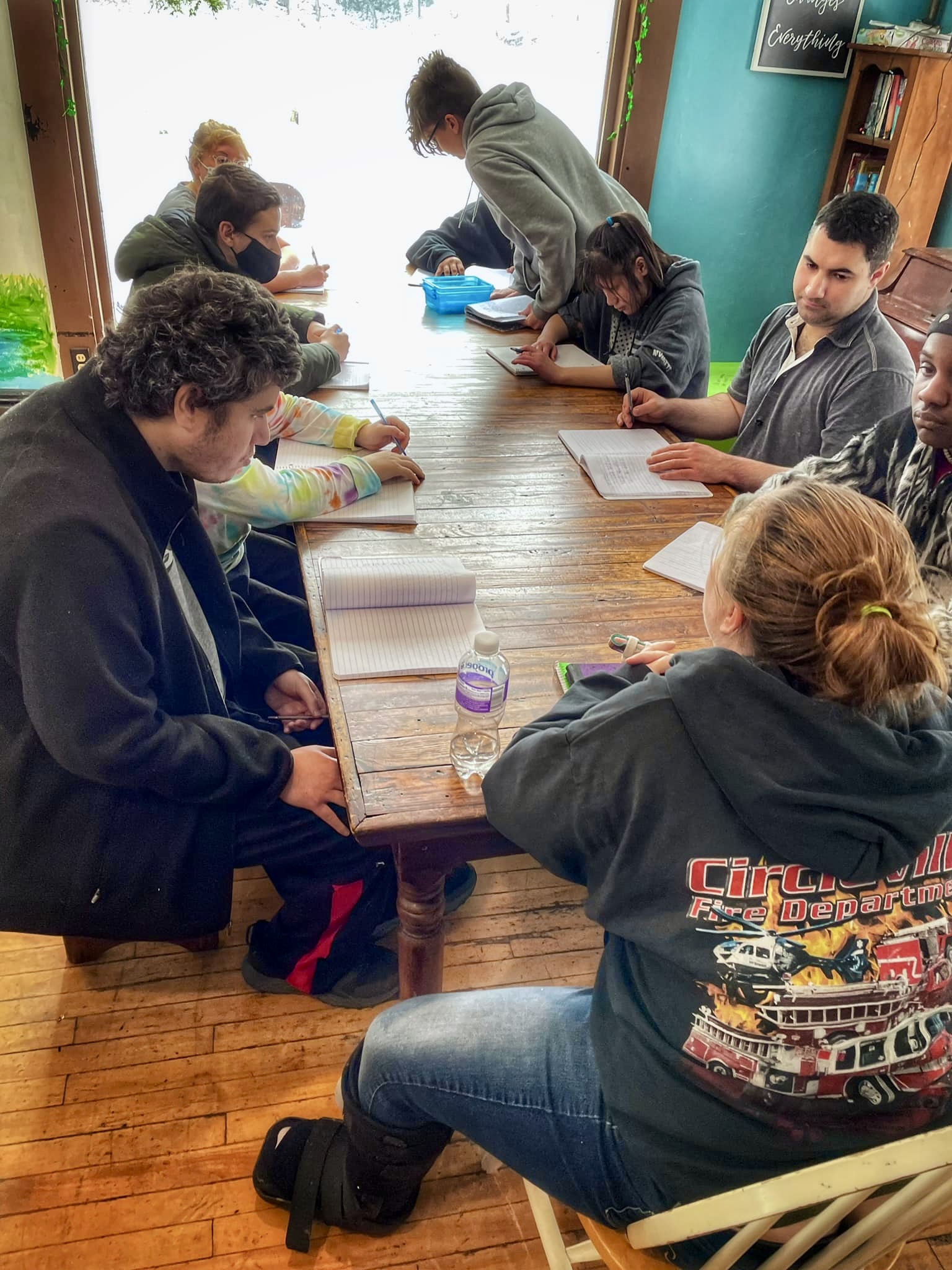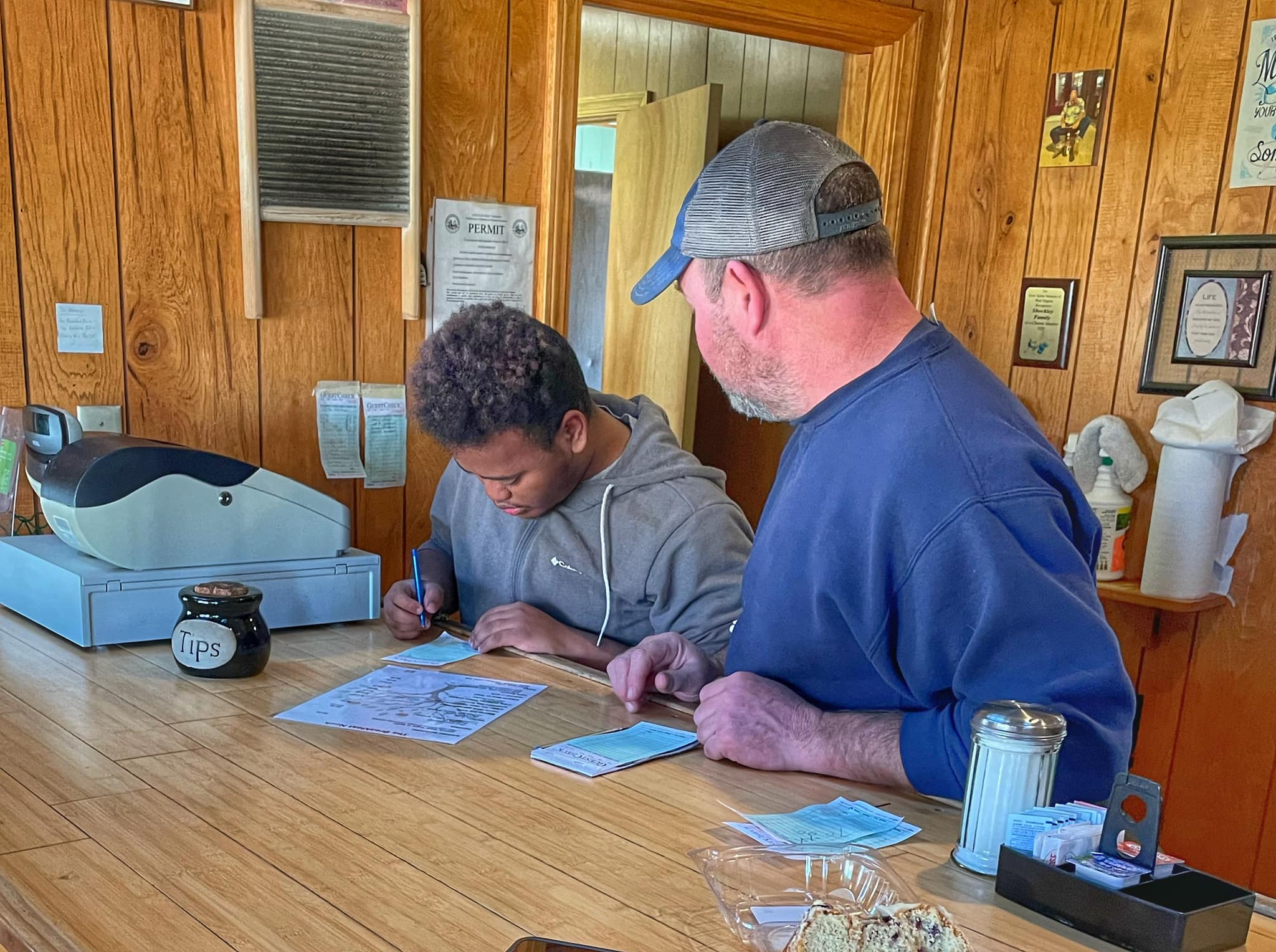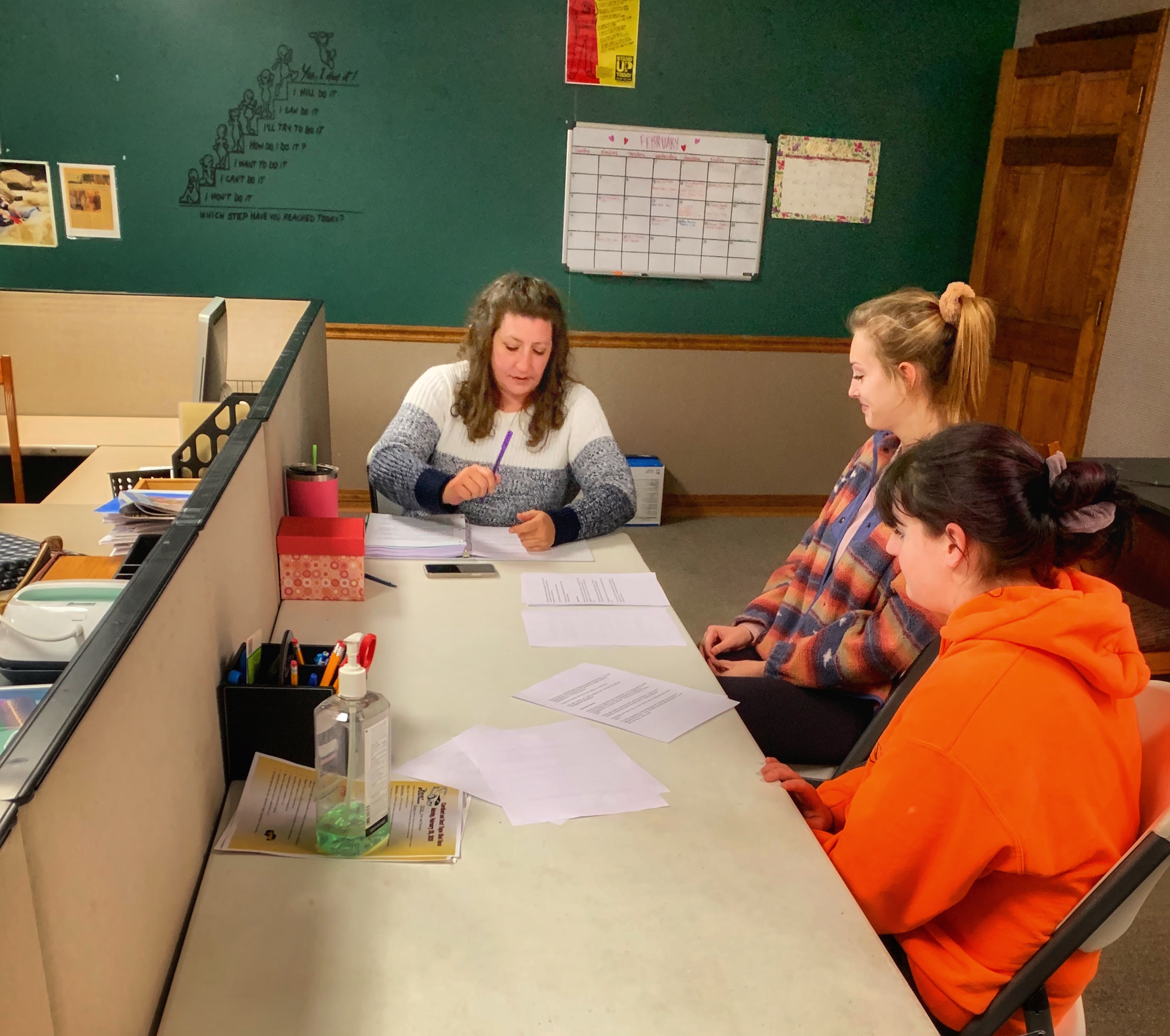
The Life Skills Curriculum is an intensive and comprehensive coaching curriculum with real life application. We utilize a holistic approach. This includes cognitive, emotional, social, behavioral, academic and vocational support assisting the client in reaching milestones, and ultimately, the optimum level of independent functioning. We utilize an individualized program including the curriculum developed to support the special needs community. We also provide academic support for high school completion and college classes, as appropriate.

Exposure and Hands On Experience
Most, if not all of our clients have had little to no experience working. We provide exposure to all our clients to as many different opportunities as we can so that they can gain experience and gain the satisfaction that they are becoming creators in their life. At Cabin Mountain Living Center, we are blessed to have many different opportunities for our clients to get involved, at their pace. We have a world class wood shop, a working grist mill, frame loom, baking center, art center as well as community partners who work with our clients to teach them as much as possible.
Goals Development
Life Skills
Assessment
Growth
Plan
Learning Style
Inventory
On admission or shortly after, clients participate in a Life Skills Assessment, Spiritual Assessment, and a Learning Style Inventory. This leads them to develop their short term, medium term, and long-term goals. Each client attends a full day of life skills coaching a minimum of one day per week. The days can be broken up to meet client needs for shorter work intervals. Our team has the client conduct a family call each week where the client is in control of the call. The coaches are on the call with the primary goal of supporting the clients as they move from adolescent child to young adult conversations.
Why Life Skills?
Teach
Assist
Support
The primary goals of Life Skills are to teach, assist and support clients in developing the necessary skills to become as successfully independent as possible. This includes decision making, an extensive money management curriculum, healthy living, personal care and personal development, medication management, sex education, housing options, (job interest assessments, job skills, maintaining the job), social skills, relationships, resourcing/information skill building, time management, problem solving and pre-vocational skills as appropriate for clients. Emphasis is placed on developing functional skills that are practiced in real life.
Developing Plans
One of the primary skills our clients learn is to develop a Plan. They must have a complete plan for activities they would like to engage in, such as going on field trips. Creating Plans promotes critical thinking skills and provides opportunities for clients to consider all steps in the critical thinking process. They must also plan for any consequences, positive or negative, which may result from the execution of the Plan. This process requires the clients to slow down in their thinking, getting away from the immediate gratification they have become accustomed to.

The coaching model we use begins with today and moves forward. Coaches and mentors act as the bumper guards for the clients as they move through the process of transitioning from adolescents to young adults. We practice in the moment coaching with our neurodiverse clientele. Every event is a great opportunity to teach, role model, and have our clients practice being creators in their lives each day.
